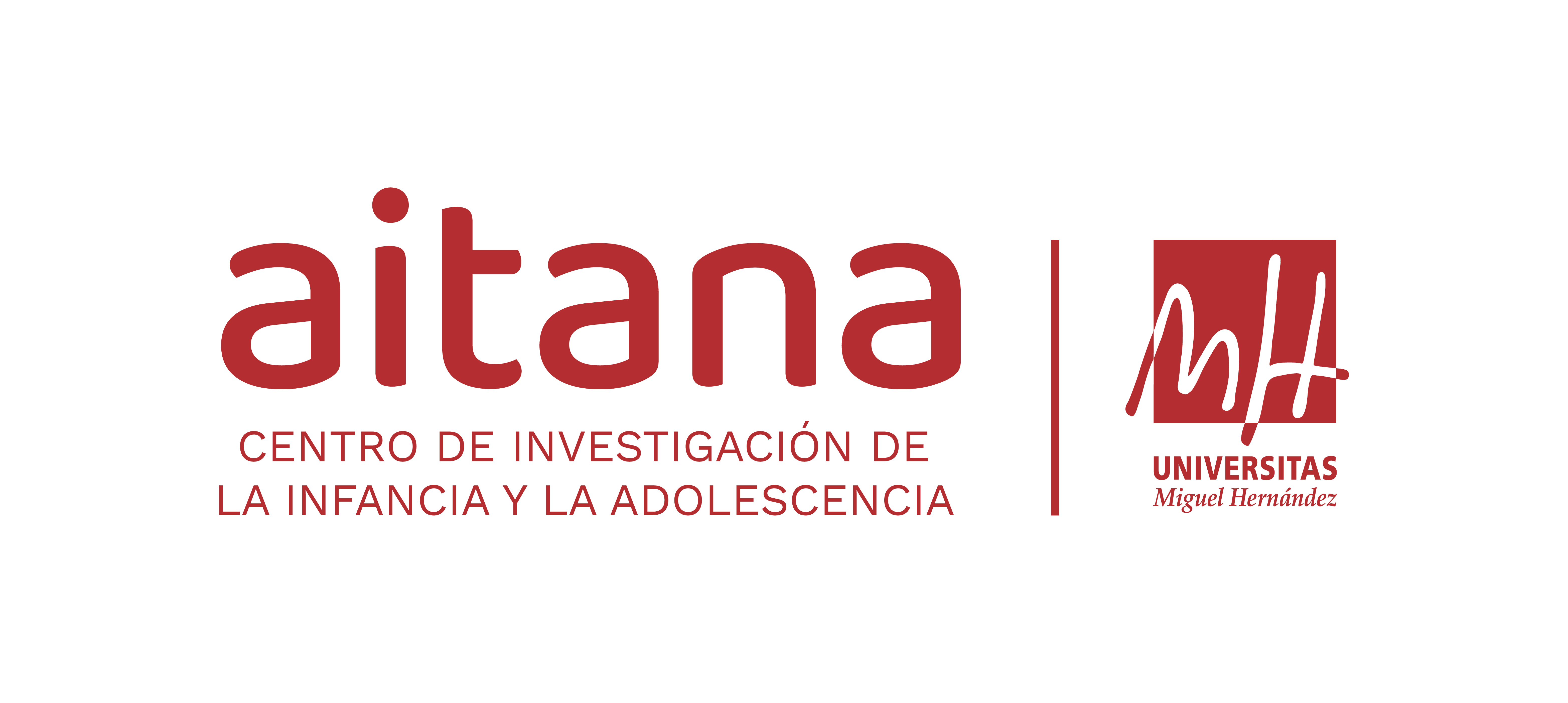Researchers from the Faculty of Psychology of the National Autonomous University of Mexico, led by María Teresa Monjarás Rodríguez, Edith Romero-Godínez and Octavio Salvador-Ginez, have carried out a crucial study that seeks to evaluate the psychometric properties of the Coping Scale for Preschoolers, parent version (EAP-P).
The main objective of this research is to understand and measure coping strategies in Mexican preschool children, aged between 2 years 9 months and 6 years. The evaluation of these coping strategies is essential to design intervention programs that encourage the development of healthy strategies in the face of stressful situations, which could have significant impacts on children’s mental health.
In total, 525 caregivers participated in the study, with an equal split between boys and girls. The caregivers responded to the Coping Scale for Preschoolers, parent version (EAP-P), which consists of 23 Likert-type questions, with 4 response options ranging from “never” to “always.”
The results revealed adequate model fit to the collected data, with strong quality indicators, including a RMSEA fit index of 0.05, NFI of 0.93, TLI of 0.91, and CFI of 0.93. The reliability measure, calculated using Omega’s alpha coefficient, was 0.81 for the final 14-item scale.
These results suggest that the Preschool Coping Scale, parent version, is a valid and reliable instrument to evaluate coping strategies in children aged 3 to 6 years. This finding has significant implications for the design of interventions and programs that promote positive coping strategies from an early age, thus contributing to the emotional and mental well-being of Mexican children.
Link here

